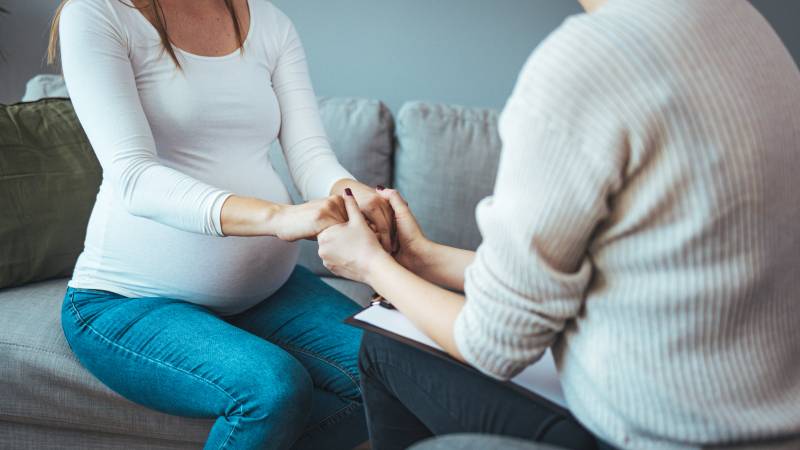PREGNANT women are being urged to have the whooping cough vaccine as cases continue to rise.
Health bosses in South Yorkshire are urging mums-to-be to have the vaccine to give babies the best possible protection.
Young babies are at the highest risk of severe complications and death from whooping cough.
Evidence from England shows that vaccination at the right time in pregnancy is highly effective, giving 92 per cent protection against infant death.
Whooping cough cases have been rising across England, as well as in many other countries, since December 2023 due to a combination of factors.
Whooping cough is a cyclical disease that peaks every three to five years. The last increase occurred in 2016. A peak year is overdue and the impact of the pandemic also means there is reduced immunity in the population.
Dr David Crichton, medical director at NHS South Yorkshire, said: “A vaccination while pregnant is the best way to protect your baby from whooping cough before they can get their vaccine at eight weeks.
“Whooping cough is particularly dangerous for new-borns with risks of complications that can result in death.
“With a rise of whooping cough cases this year, make sure to get your vaccination when offered.”
Whooping cough, clinically known as pertussis, is a bacterial infection which affects the lungs. The first signs of infection are similar to a cold, such as a runny nose and sore throat, but after about a week, the infection can develop into coughing bouts that last for a few minutes and are typically worse at night. Young babies may also make a distinctive ‘whoop’ or have difficulty breathing after a bout of coughing, though not all babies make this noise which means whooping cough can be hard to recognise.
Babies under 12 months old with whooping cough have an increased chance of having problems such as dehydration, breathing difficulties, pneumonia and seizures (fits).
If anyone in your family is diagnosed with whooping cough, it’s important they stay at home and do not go into work, school or nursery until 48 hours after starting antibiotics, or three weeks after symptoms start if they have not had antibiotics. This helps to prevent the spread of infection, especially to vulnerable groups, including infants. However, vaccination remains the best protection for babies and children.

















